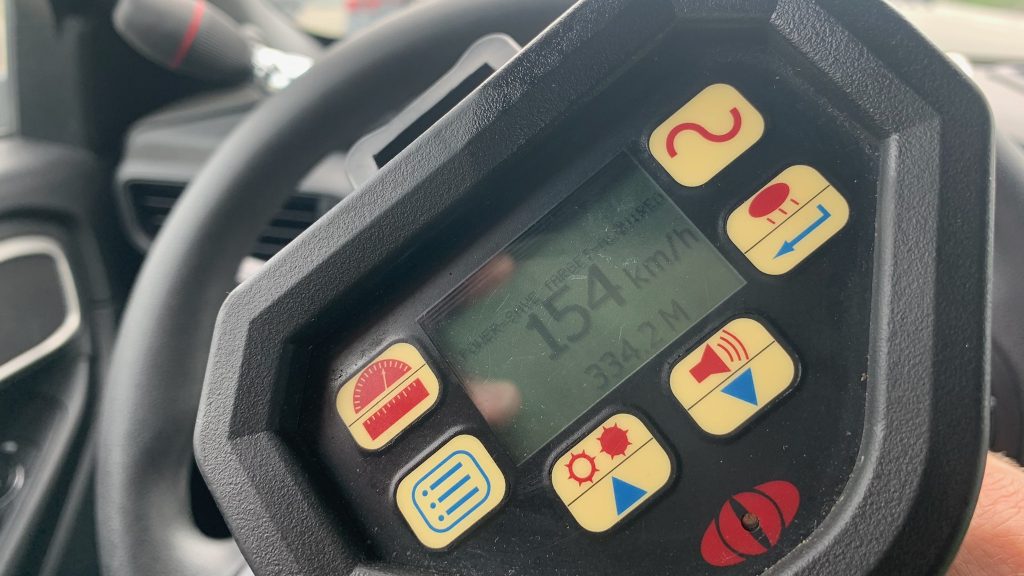OCDSB overestimates enrolment, teachers filling occasional positions cut

Posted Oct 11, 2023 09:40:22 AM.
The Ottawa-Carleton Elementary Occasional Teachers’ Association (OCEOTA) said some teachers filling long-term occasional teaching positions have suddenly been bumped out of those jobs to make room for reassigned contract teachers.
Pat Dixon, president of OCEOTA, told The Sam Laprade Show on Oct. 10, the Ottawa-Carleton District School Board (OCDSB) overestimated the number of elementary students who would be enrolling in the 2023-2024 school year.
Each spring, the board predicts enrollment numbers for the upcoming school year and hires longer-term occasional teachers (LTO) based on projections, she said. Members of OCEOTA fill LTO positions that cover for contract teachers who are off for a certain period of time.
“When the figures actually came in, in September, estimates had been proven incorrect,” added Dixon. “According to the collective agreement of the Ottawa-Carleton Elementary Teachers’ Federation of Ontario (OCETFO), contract teachers who are declared surplus have to be collapsed due to lower enrollment.”
She goes on to say, the OCDSB overestimated enrolment this school year by an estimated 1,600 elementary students.
“This year, it was a quite dramatic number and the impact on my members was extreme,” Dixon explained. “I don’t have an exact number of OCEOTA members affected but probably more than fifty.”
In a statement, the OCDSB wrote “We used the same methodology to forecast attendance as previous years. The overestimation did not occur last year. However, every year there is always some level of variance between what is projected in the spring versus how many students actually attend school in September (currently around 50,800).”
The board estimated a reduction of nearly 1,600 elementary students, compared with projections in early 2023 – and added, numbers continue to fluctuate due to late registration and arrivals.
In response to whether a drop in enrolment is related to the school bus driver shortage, OCDSB said they’re unable to speculate.
“Where a family decides to attend is a personal decision and in most cases they do not provide the reasons for their change,” the board said in a statement.
While long-term occasional teachers returned to the classrooms as the first day of school kicked off, it was towards the end of September when many found out they would no longer be needed, she pointed out.
“Changes in schools are based on a variety of factors, including collective agreements in place,” said OCDSB. “Under these agreements, permanent school-based teachers who are surplus (as a result of changes to their class) have been absorbed into positions across the District (for example, filling long-term occasional assignments, leaves of absence and retirements).”
According to Dixon, members were aware of the surplus early on. They were eventually advised via email but this did not confirm if their individual position’s were impacted.
“They were predominantly full-time, year-long contracts and we’re talking about a substantial amount of money that is now gone,” she said. “Five days notice is all that was required.”
Estimating enrollment is based on numerous factors, including data on growth in suburban developments or downtown areas that are being revitalized, added Dixon.
“It’s based on population stats, and probably taxation would come in too for those that pay public taxes as opposed to others,” she pointed out.
Dixon said she expects that a shortage in school bus drivers has played an important role in this drop in enrollment, stating that some parents have resorted to selecting schools based on proximity.
“If you live in a suburb where you have a catholic school two blocks from your home and your children need to take a bus to the local public school and you don’t have a bus all of a sudden, what are you likely to do?’ questioned Dixon.
OCEOTA said many of its members have been forced to return to daily supply work (occasional teacher position), earning significantly less pay compared with LTO positions.
“It certainly messes up your finances when you think you’re going to have an income for a year and then you find out, all of a sudden, that you have nothing,” she expressed.
If occasional teacher’s worked every possible day of the school year – which is 187 days – they would earn a salary of $44,000, explained Dixon.
Advantages of an LTO position include a salary equivalent to that of a contract teacher, with $94,000 as the average salary, per year. But she reminded listeners – this salary is an average, with many falling below this number and some above.
“Our provincial union will tell you that the average occasional teacher salary is $56,000 per year,” she said. “But that’s not true because they’re lumping daily occasional teachers in with LTOs and coming up with a average for a daily occasional teacher,” she said.
While Dixon said she expects OCDSB did their best in calculating projections, she believes extenuating circumstances – like the school bus driver shortage and the reaction of the Muslim community to gender policies – have played a role in this overestimation.
The OCDSB has stressed the vital role of occasional teachers, and said school-based reorganizations have displaced approximately 55 elementary long-term occasional teachers.
It goes on to say, work agreements for occasional teachers are governed by their collective agreements and, under this, long-term occasional positions may need to be cancelled with five days notice.
“The District is working to offer impacted occasional teachers other available employment opportunities. For example, many displaced occasional teachers may have the opportunity to be staffed in our designated occasional teacher program and there remains a substantial need for occasional teachers in positions across the district,” wrote OCDSB.










